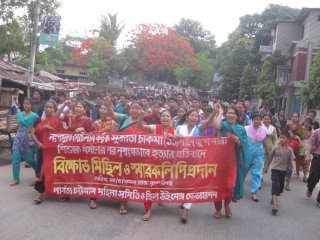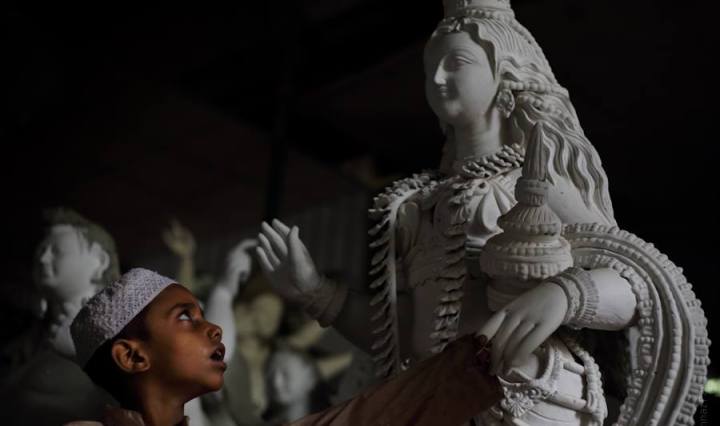
Multiculturalism in Bangladesh: where our political and intellectual debates end
By Fardin Hasin for Alal O Dulal
The intellectual and political circles of Bangladesh have, for a long time, based their ideas and actions on or around a monolithic image of Bangladesh. Most discussions and debates have considered our ‘Bangalee’ identity as a constant, and the history of ‘Bangalees’ as linear; the other side of the story, as seen by much of the right-wing intelligentsia, seems to focus solely on our identity and history as ‘Muslims’. Both sides have a point, but we are all missing a greater part of the picture, that is, a country cannot progress in peace if it chooses to reduce all its citizens into a singular identity. Continue reading “Multiculturalism in Bangladesh: where our political and intellectual debates end”




































